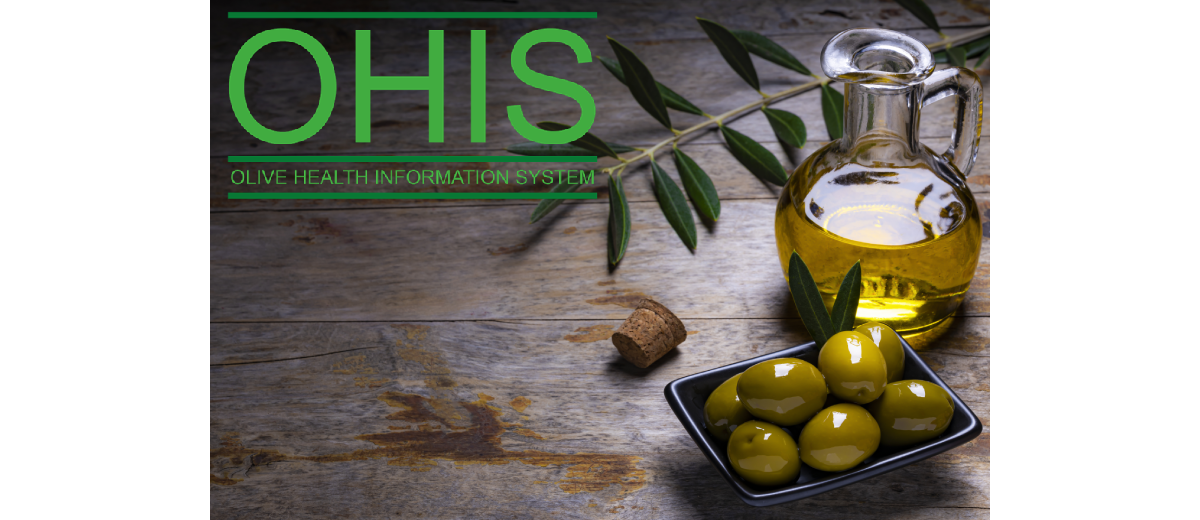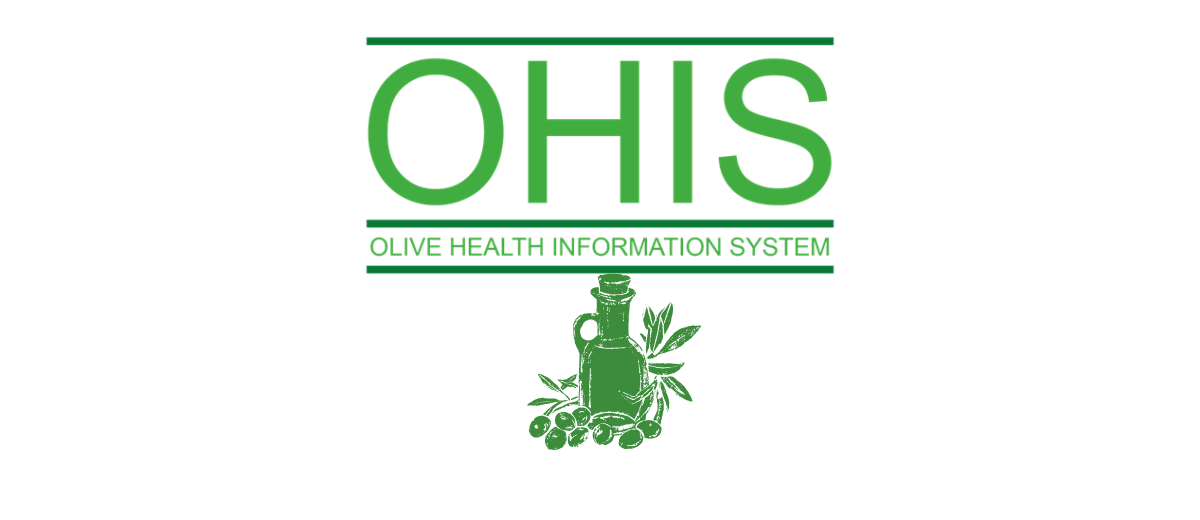Olive oil is the principal culinary fat and an essential component of the Mediterranean diet. Its health benefits have been linked to its polyphenols and oleic acid content. This week, we bring forward a systematic review of randomized control trials regarding the protective effects of anti-inflammatory dietary patterns and their dietary components, such as olive oil, on non-alcoholic fatty liver disease (NAFLD). This review highlights that adherence to the Mediterranean diet could have positive effects on liver status, body measurements, glucose profile, and hepatic damage (measured by liver scores of steatosis and fibrosis). These results provide evidence that the Mediterranean diet could be the diet of choice for the prevention and treatment of NAFLD and its complications. It is important to point out that a suboptimal diet is associated with greater mortality, morbidity, and poor quality of life. In a study performed on diabetic patients with poor glycemic control, researchers found that lower adherence to the Mediterranean diet was associated with poor quality of life, with a negative impact on the physical dimension measured by the Health-Related Quality of Life (HRQoL). Another study that included data from 422,797 participants from the UK Biobank, showed that adherence to the Mediterranean and Prudent dietary patterns were associated with longer leukocyte telomere length. In contrast, an a posteriori established “meat pattern” was inversely associated with leucocyte telomere length.
Understanding the experiences and perceptions of individuals regarding adherence to dietary recommendations is a crucial point for researchers when conducting a study related to the adoption and maintenance of a healthy diet. In this context, a randomized control trial evaluated perceptions in terms of novelty, convenience, food swapping, and flavour/enjoyment. Investigators demonstrated that the Mediterranean diet group placed greater emphasis on enjoyment and intention to maintain dietary change, compared to the low-fat diet group. In conclusion, the Mediterranean diet could be an effective and sustainable dietary approach to maximize adherence to dietary change.
Click HERE to see the latest posts…










